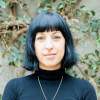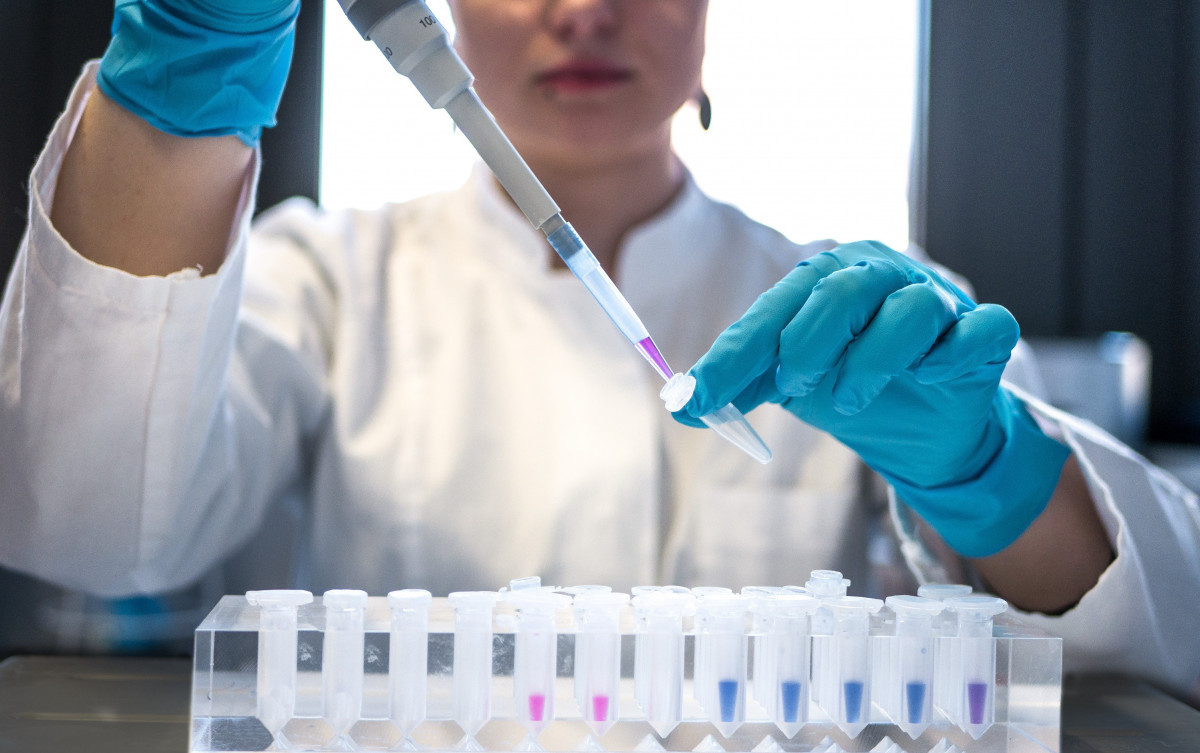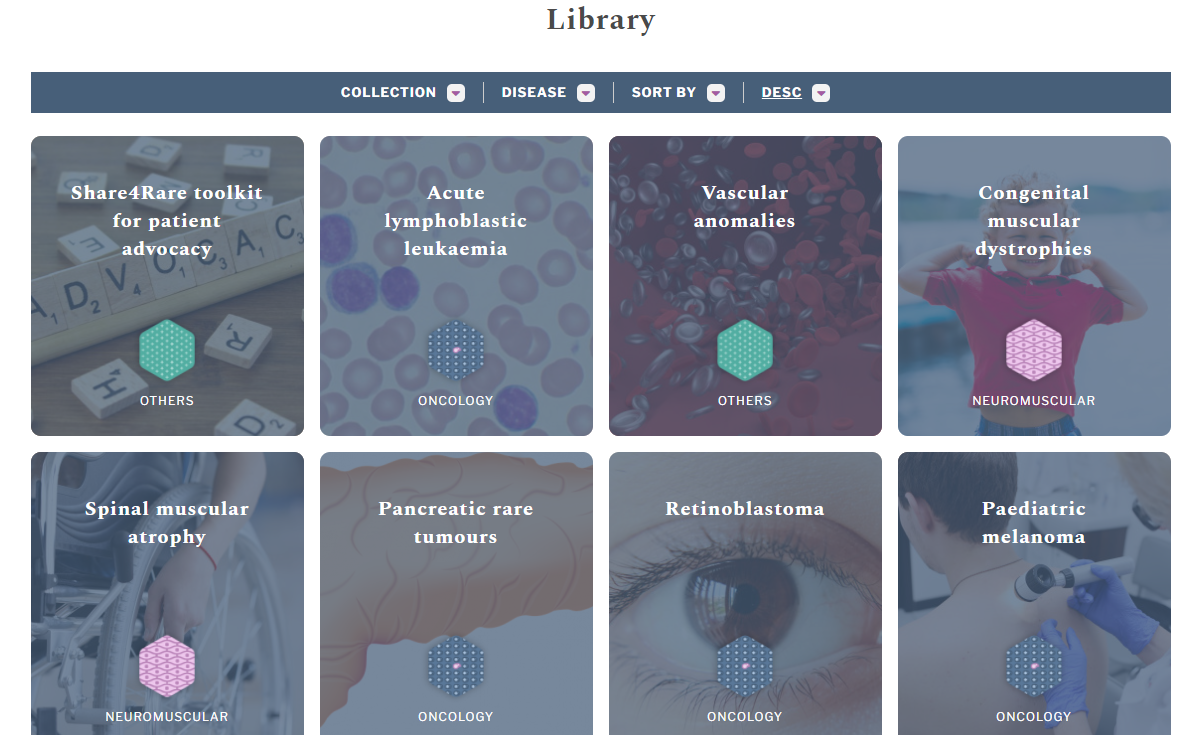
The importance of educating patients and families about the science of rare diseases

Science shapes our daily lives — see for example to what extent the COVID-19 pandemic outbreak has affected us and how science is continuously trying to solve this misfortune —, influencing many of the decisions we make as individuals, which in the end have an impact on society. The way we manage our health, the way we eat, the way we take care of the environment… Knowing how things in the scientific sphere actually work will lead us to make better decisions. If this happens in a society level, what happens if we focus on the community of patients and caregivers?
In general terms, patient education improves adherence to therapeutic regimens and helps patients adopt behaviours that prevent disease. Educating patients on the science behind their disease and the ins and outs of the research process is also empowering. It helps them understand the disease mechanisms and learn about the potential therapeutic options and, therefore, they will be more likely to make well-informed decisions, get involved in advocacy and awareness, participate in basic research projects or enrol in a clinical trial.
And here is where science and medical communicators come into play. Professionals who usually have a research or medical background and strong communication skills, who facilitate the understanding of the science behind the diseases and the treatments, therapies and medical devices.
Share4Rare educates patients and families to support their participation in research
In this context, Share4Rare works with a wide-ranging group of experts on biomedical sciences and communication to create educational contents that will help the rare disease community improve their scientific knowledge. All contents are free of charge and open source. From medical books containing exhaustive and updated information on different rare diseases to blogs portraying scientific breakthroughs in drug development or disease models and educational webinars hosted by researchers or science communicators explaining the natural history of a specific disease, basic concepts of genetics or disease diagnosis or how to tackle pseudoscience and find trustworthy medical information. We always rely on highly qualified professionals to help us create these contents and host these events, considering whether the focus is appropriate and ensuring the implication of patients and families in the revision process.

We hope to continue doing our bit towards ensuring a better science educational level amongst our community of patients and caregivers. Do you need more accessible information on a particular scientific topic or disease? Drop us an email at info@share4rare.org and we will consider your suggestion.
